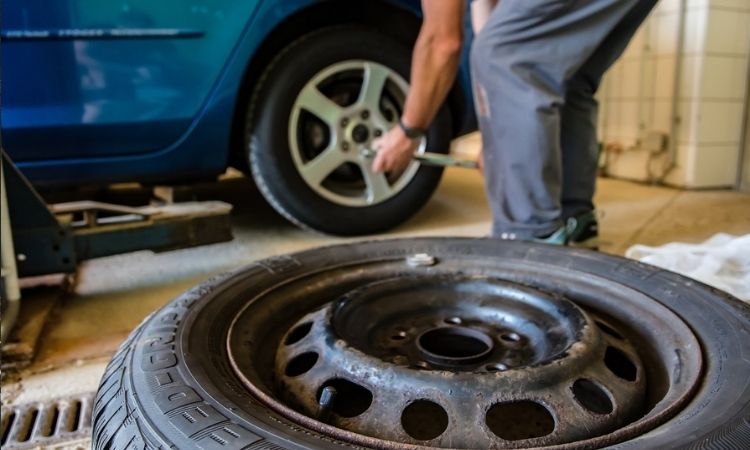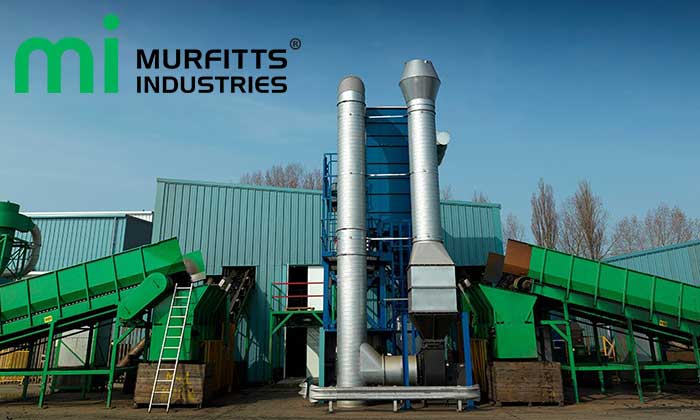Electric vehicle adoption and surge in end-of-life tires
The Recycled Rubber Coalition in Washington unveiled a white paper "An Unexpected Electric Vehicle Environmental Problem With Common Sense Solutions". It examines how the growing adoption of electric vehicles (EVs) will lead to a surge in scrap tires and proposes practical recycling solutions. Comprising organizations and companies in rubber recycling, the coalition stresses the urgent need for effective government policies to support the expansion of recycled rubber markets.
While acknowledging the positive trend of EV demand, the coalition emphasizes the need to address the resulting increase in scrap tire volume compared to traditional internal combustion engine vehicles. Effective government policies supporting the expansion of markets for recycled rubber are deemed essential to enhance and incentivize industry efforts, according to the Recycled Rubber Coalition.
Art Dodge, CEO of Ecore International, a member of the coalition and a rubber recycler based in Lancaster, Pennsylvania, underscores the urgency to boost scrap tire reuse rates. Dodge highlights the industry's track record of reducing the stockpile of scrap tires in the past and the availability of innovative, sustainable, and durable end-use products today.
Currently, the U.S. produces around 315 million scrap tires annually, as reported by the Recycled Rubber Coalition. With the anticipated shift to EVs, this number is projected to rise by 12% to reach 352 million annually by 2030. The coalition attributes this increase to market projections indicating that EVs will constitute 40% of passenger car sales and 35% of truck sales by 2030. Factors contributing to increased tire wear and waste in EVs, such as their heavier weight and quicker torque, are also highlighted.
According to the report, the recycling rate has dropped from 96% in 2013 to 71% in 2021. The coalition warns that the surge in scrap tires from EVs will exacerbate this issue unless markets for recycled rubber are expanded.
The paper highlights innovative ways to reuse and recycle scrap tires, such as tire-derived aggregate and rubber-modified asphalt (RMA). However, the current market for RMA utilizes only 3% of the total scrap tires generated annually in the U.S.
The full report and proposes policy solutions to address the growing end-of-life tire problem can be found here.
Weibold is an international consulting company specializing exclusively in end-of-life tire recycling and pyrolysis. Since 1999, we have helped companies grow and build profitable businesses.









